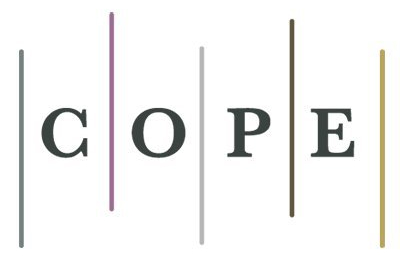Mayoral Quality and Municipal Performance in Brazilian Local Governments
Palavras-chave:
determinant factors to performance, performance management, revenue tax collection, BrazilResumo
We test the influence of managerial quality on organizational performance using a panel data set on 827 (out of 853) Brazilian municipalities of the state of Minas Gerais over a six-year period (2005-2010). The intra-country and intra-state comparison controls for potential institutional, historical, and cultural variables. Local managerial quality is assessed in terms of mayoral education and experience (public and reelection), and municipal performance is operationalized as property tax collected per capita and property tax collected as a percentage of total revenue. The study covers the four years of the 2005-2008 mayoral administration and the first two years of the 2009-2012 administration. After testing the effect of political, economic, and ideological factors and controlling for other municipal factors, we find, contrary to our expectations, that mayoral quality fails to explain variance in property tax collection. Rather, political factors (legislature support and electoral cycle) seem to be more strongly correlated to municipal property tax collection. Specifically, municipalities in which the mayor enjoys more partisan support on the city council tend to collect more property tax. Moreover, compared to the first three years of mayoral administration, in the last year of mayoral administration – that is, during the mayoral election year – municipalities tend to reduce their property tax collection.
Downloads
Downloads
Publicado
Como Citar
Edição
Seção
Licença
Esta obra está licenciada sob uma Licença Creative Commons Attribution 4.0.
A O&S adota a Licença de Atribuição do Creative Commons 4.0 em todos os trabalhos publicados, exceto, quando houver indicação específica de detentores de direitos autorais.






